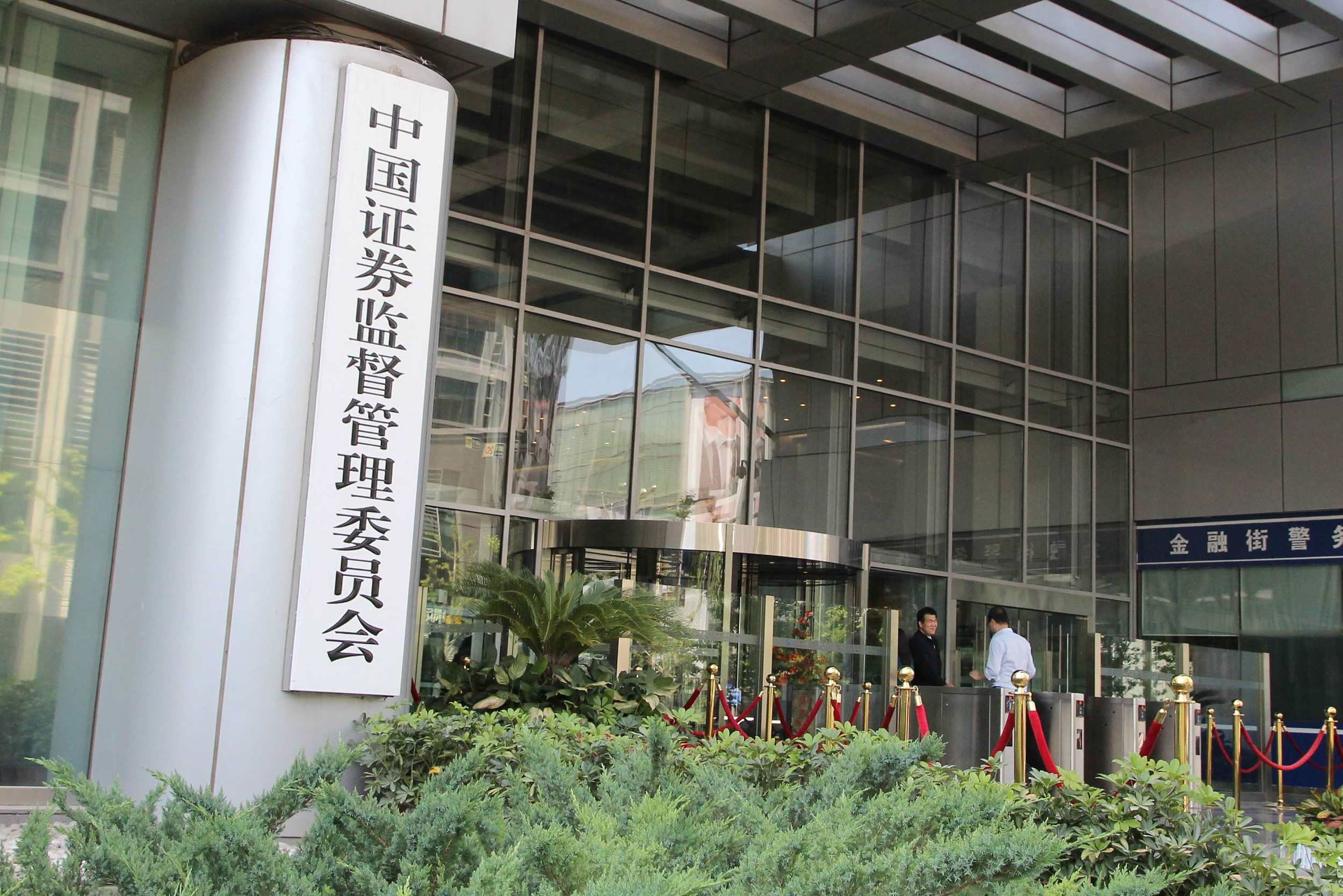
Business
23:15, 29-Jun-2017
Chinese regulator issues rules to shore up investor protection

China's securities regulator has stepped up efforts to protect investors' interests, publishing a set of "know your customer" rules on Wednesday that restrict financial institutions from selling risky products to inexperienced investors.
The investor suitability rules, which apply to securities and futures products, were published at a time when China's hedge fund industry has boomed, while the government is promoting wealth management investment in commodities.
The China Securities Regulatory Commission (CSRC), which published the rules on its website, said putting more burden on financial institutions to sell the right products to the right investors was in line with international practices after the 2008 global financial crisis, citing the Dodd-Frank Wall Street Reform and Consumer Protection Act.

China Securities Regulatory Commission in Beijing, China on November 27, 2013. /VCG Photo
China Securities Regulatory Commission in Beijing, China on November 27, 2013. /VCG Photo
The rules "will have positive and far-reaching impact on the healthy development of China's capital markets, and the interests of small investors," the CSRC said.
According to the rules, investors will be classified into two types - ordinary and professional. Financial institutions are barred from promoting "high risk" products to ordinary investors.
An ordinary investor who owns at least five million yuan in financial assets or earns an annual income of over 500,000 yuan in the latest three years can apply to be a professional investor.
Over the weekend, Hong Lei, head of the Asset Management Association of China (AMAC) urged China's money managers to bear more responsibility in maintaining financial market stability.
"Asset managers should put investors' interest above their own ... and should not sell products to those with inadequate ability to take risks," Hong told a hedge fund conference in the Chinese city of Hangzhou.
The number of private fund products has boomed in China over the past few years, growing to 54,541 at the end of May, compared with just 13,663 two years ago, according to AMAC.
(Source: Reuters)

SITEMAP
Copyright © 2018 CGTN. Beijing ICP prepared NO.16065310-3
Copyright © 2018 CGTN. Beijing ICP prepared NO.16065310-3